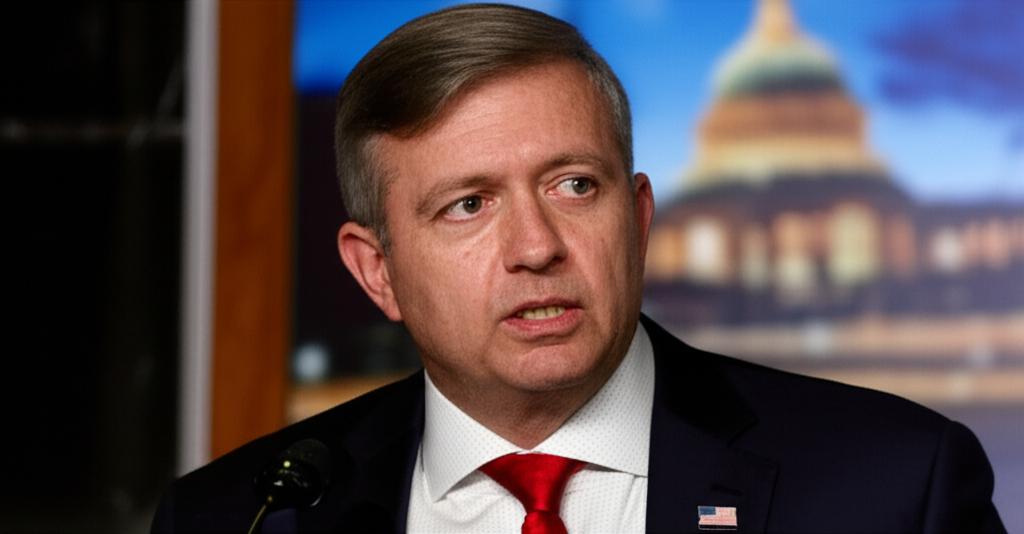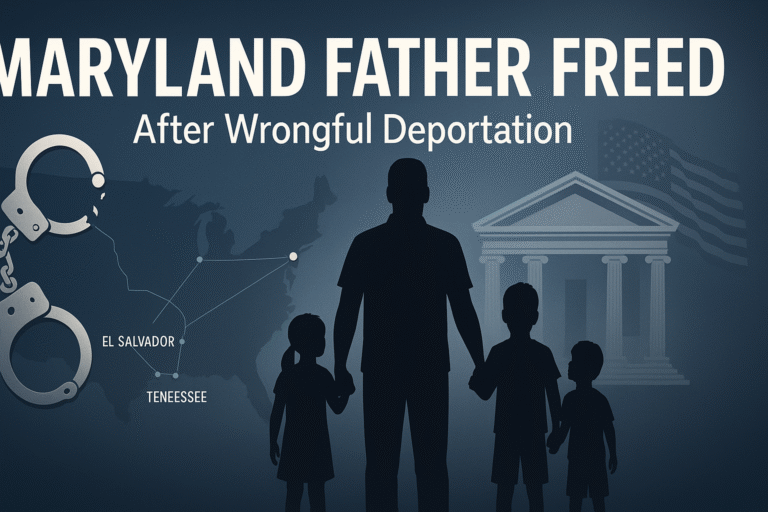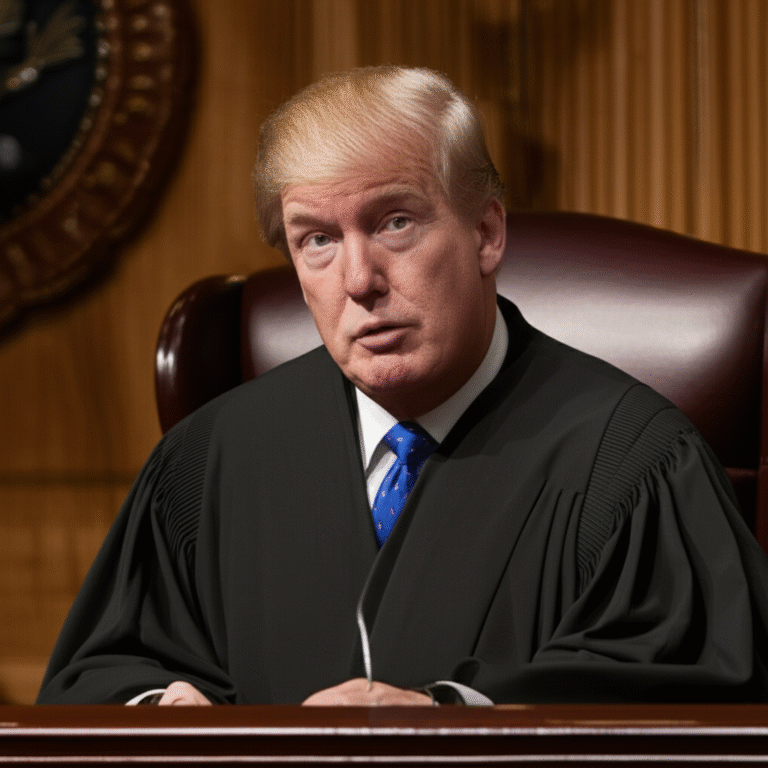
Utah prosecutors have filed a murder charge against Tyler Robinson, the man accused in the fatal Charlie Kirk shooting, while releasing new details about the high-profile case. Robinson faces multiple serious charges, including aggravated murder, stemming from the sniper death of U.S. conservative activist Charlie Kirk. These legal actions underscore the escalating developments surrounding the incident that has drawn national attention and sparked considerable public discourse.

Aggravated Murder Charge Filed in Kirk Case
Tyler Robinson, identified as the primary suspect in the sniper death of Charlie Kirk, made an initial court appearance via video from jail on Tuesday afternoon. Utah County Attorney Jeff Gray presented seven charges against Robinson during this virtual hearing. The charges brought against Robinson are extensive, encompassing aggravated murder, obstruction of justice, felony discharge of a firearm causing serious bodily injury, witness tampering, and commission of a violent offense in the presence of a child. Gray further announced at a press conference that he has independently decided to seek the death penalty in this case. This decision, according to Gray, is based solely on the available evidence, the specific circumstances surrounding the crime, and its inherent nature. The court has scheduled Robinson’s next hearing for Sept. 29, as the legal process against the accused individual continues to unfold.
Key Evidence and Allegations Emerge
In addition to the formal charges, significant new evidence and allegations have been revealed in the case. The court proceedings on Tuesday brought to light private text messages allegedly sent by Robinson, which include a confession to the fatal shooting of Charlie Kirk. Transcripts of these messages, presented in court documents, detail an exchange where Robinson, when questioned by his roommate about the motive for the murder, reportedly stated, “I had enough of his hatred. Some hate can’t be negotiated out.” Further compounding the evidence, Gray disclosed that Robinson allegedly left a hidden note for his roommate. Discovered under a keyboard, this note reportedly read, “I had the opportunity to take out Charlie Kirk and I’m going to take it.” These alleged communications provide crucial insight into the suspect’s mindset and potential motivations behind the Charlie Kirk shooting incident. Beyond these personal communications, Federal Bureau of Investigation (FBI) Director Kash Patel confirmed earlier on Monday that investigators have successfully identified DNA evidence directly linking Robinson to the crime scene from the previous week. Patel specified in an interview that the DNA was found on a screwdriver located on the rooftop where the shooting is believed to have occurred, as well as on a towel used to wrap the firearm. This forensic evidence is a key component in tying Robinson to the precise location and execution of the crime.
Investigation Uncovers Suspect’s Background
The ongoing investigation has also delved into the suspect’s background and associations, providing further context to the alleged actions. FBI Co-Deputy Director Dan Bongino stated on Monday during an appearance on Fox News that Robinson had an “obsession” with Kirk, a conclusion drawn from the suspected shooter’s internet activity. Bongino also indicated that authorities are actively investigating whether any individuals were aware a shooting might occur but failed to alert law enforcement officials, specifically referring to online chats Robinson allegedly had concerning Kirk. Utah Governor Spencer Cox provided additional details to local media on Sunday, noting that Robinson has not been cooperating with law enforcement in their inquiries and has not confessed to carrying out the shooting. However, Governor Cox emphasized that all other individuals surrounding Robinson are cooperating with investigators. The governor further informed CNN on Sunday that friends and family members of the alleged shooter had disclosed that Robinson was deeply indoctrinated with leftist ideology, with this belief system intensifying over the last couple of years. Cox also mentioned that the suspect’s roommate, who is also Robinson’s romantic partner, is currently “transitioning from male to female,” though the governor acknowledged that it was not yet known whether this information held direct relevance to the case or motive. He concluded by explaining that investigators are conducting interviews with a wide range of people who know Robinson, as they strive to learn more about what the actual motive for the shooting was.
Political Divisions Highlighted by Incident
The death of Charlie Kirk has rapidly evolved into a deeply divisive issue across the nation, starkly underscoring existing political divisions. Online discussions following the event have largely bypassed substantive conversations about gun violence, instead becoming a platform for a blame game. Within this environment, some individuals have accused the “radical left” of actively suppressing free speech and resorting to violence against those who advocate for peaceful debate. Conversely, others have leveled criticism against conservatives, faulting them for fueling hatred and for what is perceived as a hypocritical silence when Democratic leaders have faced attacks. Christopher Galdieri, a political science professor at Saint Anselm College in New Hampshire, articulated this sentiment to Xinhua, stating, “We have deeply polarized politics, with many Americans viewing the other party not as wrong but as an existential threat.” Galdieri further observed that while many leaders commendably condemned Kirk’s killing and political violence broadly, and urged people to maintain calm and await the facts, the “Trump Administration spin up talk about going after people who ‘contributed to’ the shooting.” These reactions illustrate the profound ideological chasm that has been brought into sharper focus by the tragic events surrounding the Charlie Kirk shooting.

Background
The incident that led to these charges and extensive investigations occurred on Sept. 10. Charlie Kirk, a prominent right-wing activist and influencer, was fatally shot in the neck during an event at Utah Valley University. At the time of the shooting, Kirk was engaged in a debate in front of an audience. The circumstances of his death, described as a sniper attack, immediately propelled the case into national headlines. The subsequent investigation swiftly identified Tyler Robinson as the leading suspect, leading to a comprehensive effort by law enforcement, including the FBI, to gather evidence and understand the full scope of the events. The swift filing of charges and the public release of evidence reflect the high-profile nature of the case and the gravity of the accusations.
What’s Next

Looking ahead, the legal proceedings against Tyler Robinson are set to continue with his next court hearing scheduled for Sept. 29. Prosecutors, led by Utah County Attorney Jeff Gray, have made a clear intent to seek the death penalty, a decision independently made based on the evidence and nature of the crime. The ongoing investigation will likely continue to explore all facets of Robinson’s background, motivations, and potential connections, including any online chats and the relevance of his roommate’s personal information. As the case progresses, it will remain under public scrutiny, particularly given the broader national conversation it has ignited regarding political polarization, free speech, and gun violence. The outcome of the trial will undoubtedly have significant implications, both legally and culturally, as the nation continues to grapple with the divisive issues brought to the forefront by this tragic event.
“I had enough of his hatred. Some hate can’t be negotiated out.” — Tyler Robinson (alleged text message)
Key Facts in the Charlie Kirk Shooting Case:
- Tyler Robinson faces multiple charges, including aggravated murder, in the sniper death of Charlie Kirk.
- DNA evidence linking Robinson to the crime scene was found on a screwdriver and a firearm-wrapped towel.
- Robinson allegedly confessed to the shooting in private text messages, citing “hatred” as a motive.
- Prosecutors are seeking the death penalty, citing the available evidence and nature of the crime.
- The incident has highlighted deep political divisions and led to a blame game online regarding gun violence and free speech.
For more details, refer to the original report: [Source]






